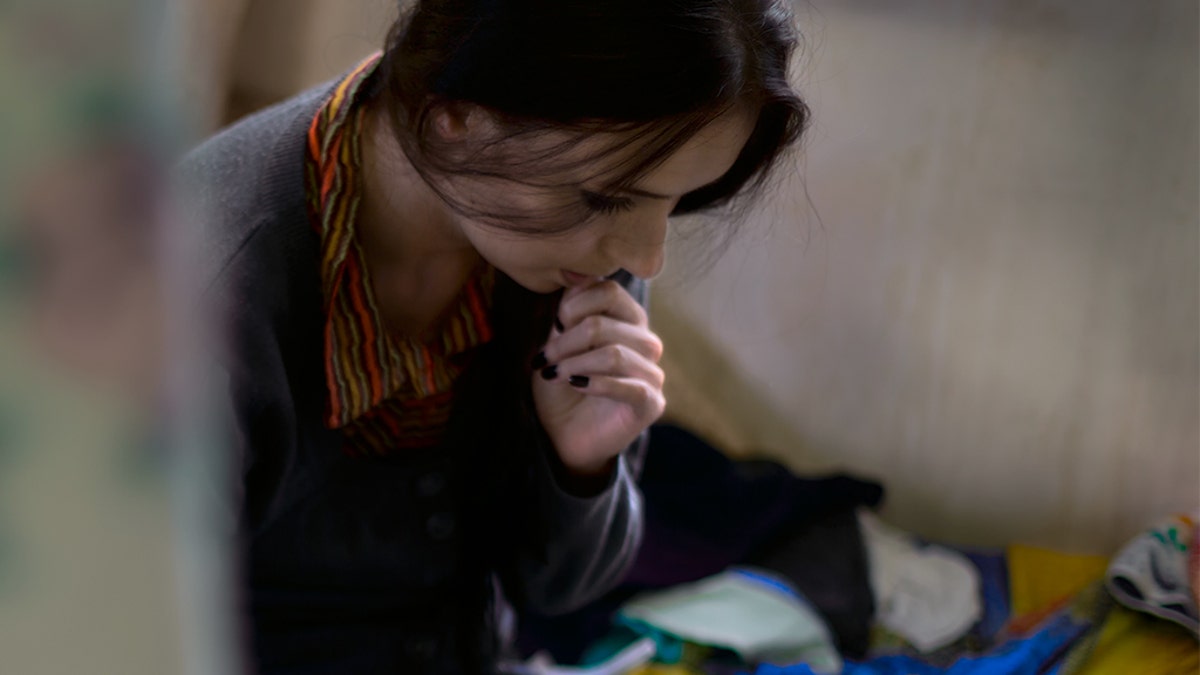Fox News Flash top headlines for June 25
Fox News Flash top headlines for June 25 are here. Check out what's clicking on Foxnews.com
Austerity, income inequality and job insecurity are leading to a global rise in mental illness, according to a new United Nations report.
Dr. Dainius Pūras, the U.N.’s special rapporteur on health, told The Guardian that world governments should look into addressing inequality and discrimination as a far more effective strategy to combat mental illness than medication and therapy.
POLICE DEPARTMENTS RETHINK APPROACH TO BATTLING ADDICTION CRISIS
“This would be the best ‘vaccine’ against mental illness and would be much better than the excessive use of psychotropic medication which is happening,” said Pūras, who delivered the findings to the human rights council in Geneva on Monday.

Austerity, income inequality and job insecurity are leading to a global rise of mental illness, according to a new United Nations report. (iStock)
“Inequality is a key obstacle to mental health globally,” the report said. “Many risk factors for poor mental health are closely associated with inequalities in the conditions of daily life. Many risk factors are also linked to the corrosive impact of seeing life as something unfair.”
According to Pūras, current ways of treating mental illness are no longer fully workable.
“People go to their doctors who prescribe medication, which is an inadequate response,” he said.
World Health Organization (WHO) figures claim as many as 970 million people around the world suffer from some sort of mental illness. The organization also says that depression and anxiety have risen more than 40 percent over the past 30 years.
CLICK HERE TO GET THE FOX NEWS APP
“We need to target relationships rather than brains,” said Pūras, who added: "The best way to invest in the mental health of individuals is to create a supportive environment in all settings, family, the workplace.”





















